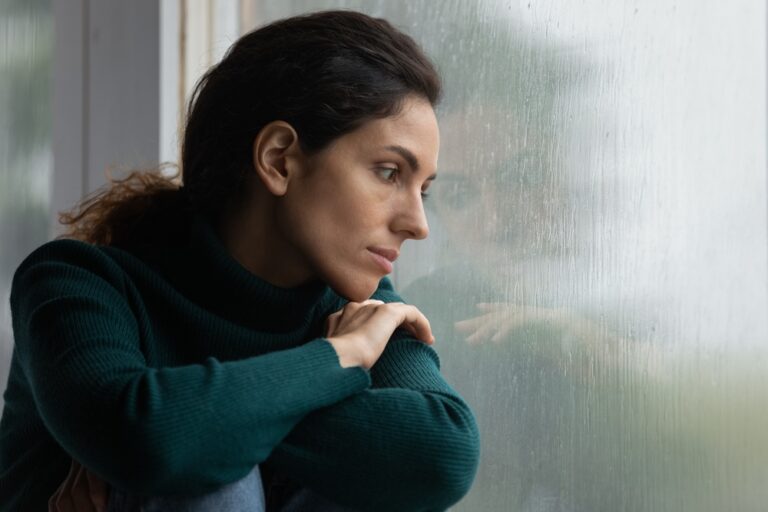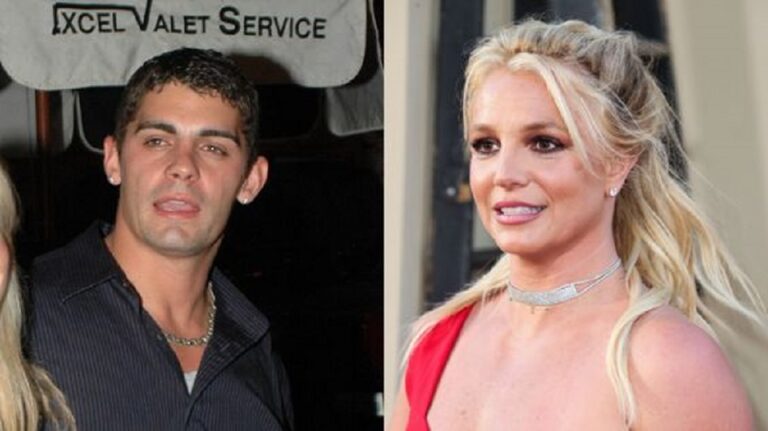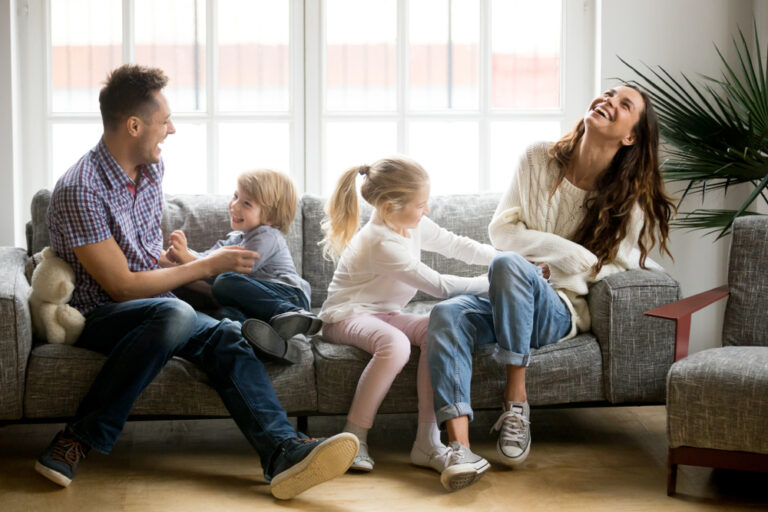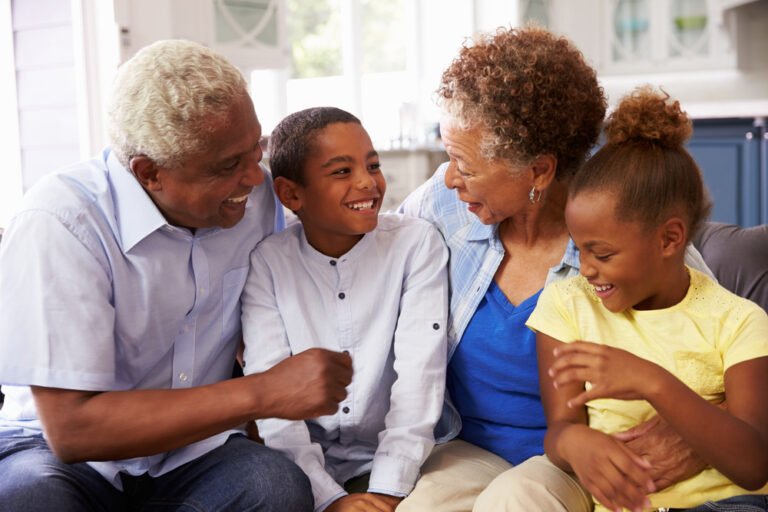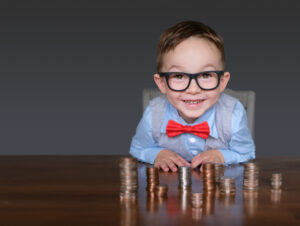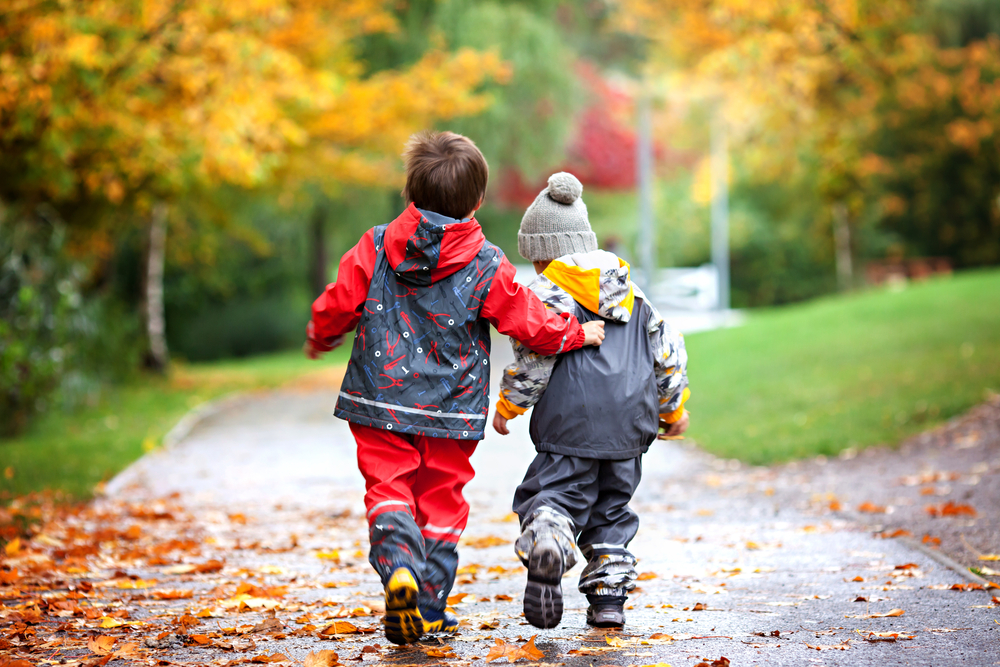
Science has proved that from the people we date, to the professions we choose, and our childhood sibling relationship has a hand in shaping the adults we become.
Whether you grew up with a bossy big brother, a whiney little sister, or a twin you couldn’t live without, National Siblings Day is a great time to recognize the role our siblings played in forming us as adults.
“Grownups can have very strong love-hate feelings about their siblings, but adults don’t always recognize how formative those childhood relationships were,” says Laurie Kramer, PhD, a clinical psychologist and Professor of Applied Psychology at Northeastern University.
And science has just recently started to investigate these dynamics, she adds. “There’s been an awful lot of research on how parents—especially mothers—impact the adults their children become, while the influences of siblings have been under-recognized. But when you study siblings you see how powerful those relationships are in terms of shaping the people we end up being and affecting social skills that impact other relationships across our lives.”
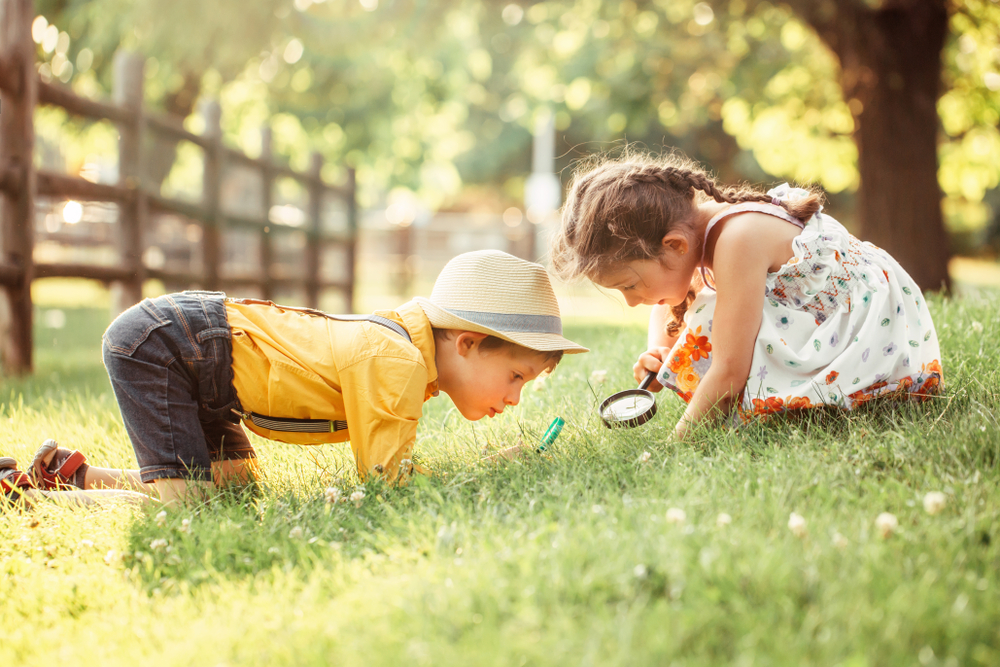
Having a unique influence
Sibling relationships are different from other family and social connections, and that’s what gives them power. “It’s the longest-lasting relationship in most people’s lives,” says Susan McHale, PhD, Distinguished Professor of Human Development and Family Studies, and Professor of Demography at Penn State University.
“It starts in childhood before people meet a spouse or partner and usually ends in late-life after parents are gone, so there’s a lot of time for sibling influence.” Additionally, growing up together involves sharing intimate knowledge about the interior of your family and each other. “Not many people know you like your sibling does,” McHale adds.
Therefore, a sibling relationship often brings different stages together. “Unlike childhood friendships, siblings—unless twins—aren’t the same age,” says Nina Howe, PhD, Professor of Early Childhood and Elementary Education at Concordia University. “So they’re at different levels in terms of development and knowledge of the world, which can come into play as they interact.”
Providing practice
The fights and friendships between young siblings had their purpose in forming the adults we became, adding up as rehearsal for life outside the nest. “The sibling relationship can be a natural laboratory for learning how to get along in the world,” says Howe.
This can include learning how to engage in positive interplay, learning children to test their authority over younger siblings, and how to negotiate disagreements. Of course, negative behaviors can be learned in childhood as well. A 2014 Developmental Psychology paper co-authored by McHale that looked at the social “training ground” between brothers and sisters reported, “If sibling exchanges are predominantly hostile, then negative interaction patterns are reinforced and the child develops a generalized coercive interpersonal style.”
Predicting your romantic relationships
Science has also proven that whether you grew up with a same-sex or other-sex sibling impacts the nature of your romantic heterosexual relationships in adolescence. “Middle childhood is a period of segregation, when the other sex ‘has cooties,’ so exposure to peers of the opposite gender can be limited,” says McHale.
“This means that children with a sibling of the other sex have the advantage of seeing the behaviors and interests that are more common in the other gender.” McHale co-authored a 2015 study in the Journal of Family Issues that found teenagers who had grown up with other-sex siblings had greater “romantic competence,” which included considering themselves better able to relate to an other-sex partner.
“We also asked adolescents in romantic relationships to rate their levels of intimacy, conflict, and power, and we found those with other-sex siblings had higher quality romantic relationships,” McHale says.
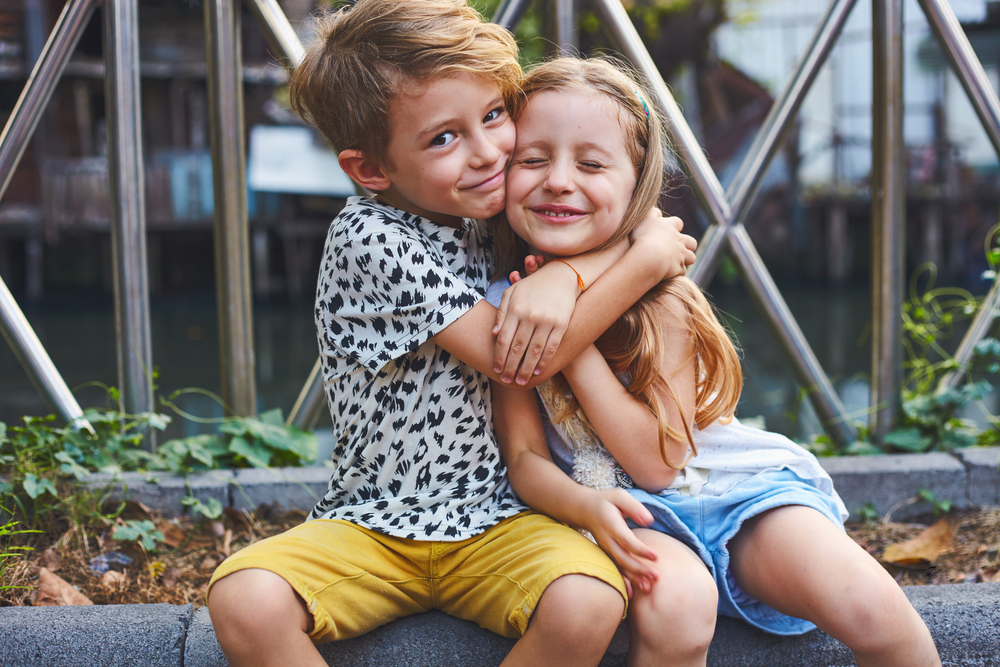
Being shaped by parents’ “favorites”
Researchers have explained that a very important part of sibling life is the perception of whether mom and dad played favorites. “From a young age, children are very attuned to how parents treat them relative to their sibling,” says McHale, who has published multiple studies in this area. “A great deal of research has shown that children and adolescents who are less favored—especially in terms of warmth, closeness, and support—have more adjustment problems, from depressive symptoms to risky behavior.”
Also, the same research has shown that even adult children are prone to the impact of uneven treatment from parents. A 2013 study in the Journal of Marriage and Family found that young adults who claimed they hadn’t had the same parental support as their siblings reported more depression and less closeness with their siblings.
Affecting achievement
Differential treatment from parents can also affect each sibling’s academic performance, says McHale, who has researched this area well. “If parents see one child as being smarter than the other, the difference in school grades between the two siblings increases over time.”
Some studies have shown parental differential treatment anticipating the differences in college graduation among siblings. For example, if parents constantly call the little brother as being “the athletic one” and big sister gets called “the smart one,” little brother may be less willing to try in academic areas. “All this evolves from the parents’ differential treatment, which leads to children hearing messages about who they are and how they compare to who their sibling is.”
Impacting the parent you become
Kramer’s research has involved visiting families to observe sibling relationship and their relationship with parents, which made her find a backward link in the way that mothers’ memories of their own sibling relationships affected the sibling relationships of their kids.
“It was striking that mothers who reported more negative sibling relations during childhood were most likely to have offspring who interacted more positively,” said the resulting paper in the Journal of Social and Personal Relationships.
Kramer dug even deeper until she realized that moms who had a positive relationship with siblings while growing up might assume children just get along, so these moms were more hands-off with their own kids. “Mothers reporting anxious and lonely childhood peer relations took the most active role in their children’s development and voiced the strongest intentions to help their children experience more positive relationships,” the paper found.

Developing a sense of humor
Howe and her colleagues have been laughing more lately as they have started to study the humor between young siblings, everything from jokes to goofy movements. “Siblings are a natural audience for one another, so they can explore that humor dynamic in a safe, positive way, which serves us later in life,” she says.
Additionally, telling a joke makes you understand someone else’s point of view, which is an important skill altogether, she adds. “Those kinds of interactions don’t go away. While the bathroom humor may disappear in adolescence, developing a good-natured sense of humor is a really important part of getting along with people—it just makes life go better.”
Getting pegged by birth order
In some cases, being the firstborn, middle child, or the youngest of the family affects even the adults we become. “I think birth order has some impact on the interactions of young children: Older ones tend to be leaders in play and teaching, so younger ones default to the complementary role of the learner,” says Howe, who adds that older siblings often assume caretaker responsibilities, as well.
“Those roles can persist throughout adulthood.” Kramer agrees that birth order can come with certain traits. “In many families, older children can be expected to act as role models, helpers, and teachers, which could lead some first-born children to develop characteristics of being a leader or helper over time.”
Becoming stressed—or strengthened—by disability
Growing up with a brother or sister with special needs can create lots of challenges. “Siblings of children with disabilities are at a greater risk than average of developing emotional issues, anxiety, and stress,” Avidan Milevsky, PhD, wrote in Psychology Today. He explained that these siblings might be neglected by parents as they feel overburdened. The sibling will be forced to take on parent-like responsibilities, and grapple with emotions from guilt and embarrassment to fear and jealousy.
“These siblings often develop certain positive characteristics such as self-control, cooperation, empathy, tolerance, altruism, maturity, and responsibility as a result of dealing with their family situation,” Milevsky wrote. “In some cases, these siblings use someone’s attitude about special needs as a test for screening friends and mates. Their involvement with their sibling may even lead them to choose future occupations in the helping professions.”
The absence of siblings
Some stereotypes say an “only child” is selfish and can’t get along with others, the experts, however, disagree with it. “There is a small amount of research on only children, and for the most part those kids grow to be well adjusted,” says Howe. “Only children often develop close connections with cousins or friends instead.” Kramer agrees. “When it comes to developing social skills, it’s not like you’re doomed for life if you’re an only child,” she says. “Children find other relationships in their lives to develop those competencies.”
























